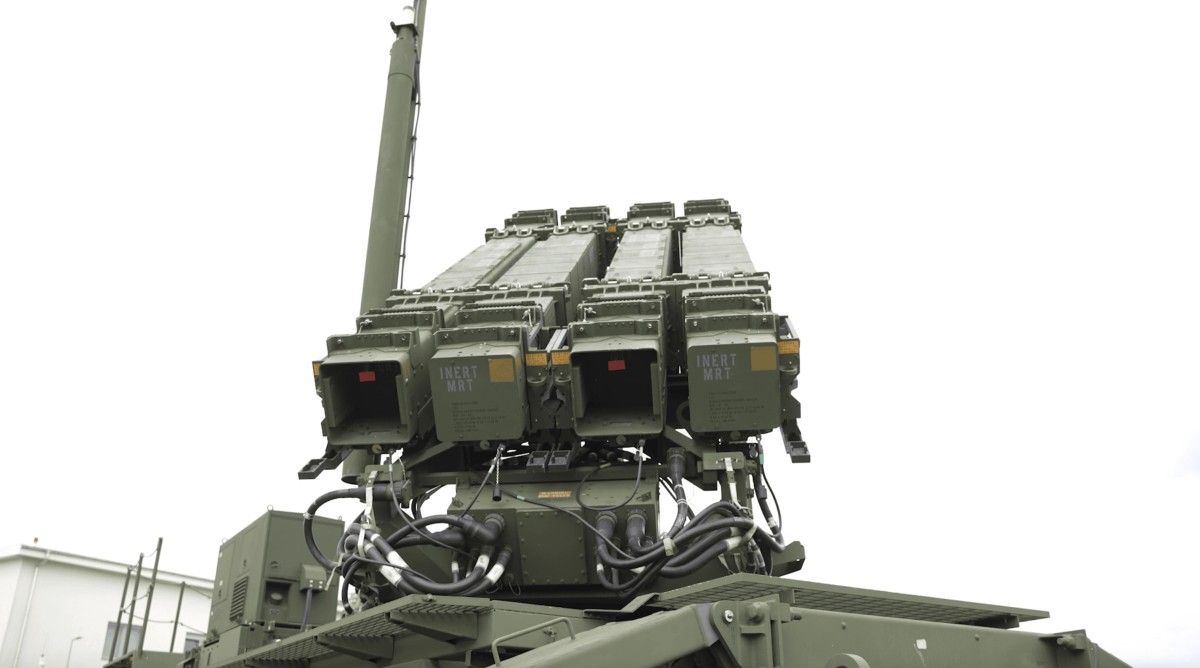France, Britain, and other European powers have recognised Palestinian statehood at the United Nations, marking a historic diplomatic gamble that has created the deepest-ever split between Washington and its European allies over Middle East policy. Emmanuel Macron led the initiative, coordinated with the UK under Saudi sponsorship, declaring "right must prevail over might" in response to the Gaza crisis.
The move represents unprecedented European frustration with the ongoing conflict, which has seen Israel deploy a third army division into Gaza City with dozens of Palestinians killed daily. Nearly two years after the 7 October Hamas attacks, Hamas continues to hold nearly 50 hostages while the West Bank faces expanding Israeli settlements and settler violence.
UN warns of one-state solution risks
UN Secretary General António Guterres told the New York conference that the alternative to a two-state solution was a "one-state" solution, meaning Israeli domination and the "subjugation" of Palestinians. Nothing, he said, could justify "collective punishment, starvation or any form of ethnic cleansing."
European countries argue Israel's strategy has failed, resulting only in further civilian suffering and endangering the remaining hostages. They believe the long-held two-state solution remains the only path to a fair, shared future for both societies.
Trump administration rejects European approach
President Donald Trump's administration has firmly rejected the European initiative, barring Palestinian Authority President Mahmoud Abbas from attending the UN conference in person. Abbas spoke via video link instead, highlighting Washington's isolation as the US remains the only UN Security Council permanent member not recognising Palestinian statehood.
European officials fear potential American retaliation, with concerns that Trump could recognise Israeli West Bank settlements in response to their diplomatic moves. Trump travels to the UN on Tuesday where he will speak and later meet Arab leaders, entirely separately from the Europeans' Monday efforts.
Arab League coordination provides strategic leverage
The conference gained significant credibility through Saudi Arabian leadership and Arab League support, giving Europeans strategic leverage over Hamas. Key Arab countries at the conference called on Hamas to disarm and hand weapons to the Palestinian Authority, stating the group can have no future Palestinian leadership role.
This Arab coordination represents what European diplomats see as their strongest asset - the ability to pressure both sides through regional partnerships that Washington currently lacks. Macron believes this creates incentives for Israel while keeping open potential Saudi-Israeli normalisation.
Qatar withdrawal deepens diplomatic dysfunction
Qatar as the previous mediator between Israel and Hamas still refuses to become involved again after Israel attacked Hamas leaders on its soil earlier this month. This lack of coordination between key countries adds to the sense of dysfunction in international diplomatic efforts.
Israeli Prime Minister Benjamin Netanyahu's coalition, including far-right figures advocating Palestinian expulsion and Jewish settlement expansion, threatens to respond with West Bank annexation. This would permanently rule out a viable Palestinian state on the occupied territory.
Historic parallel to 1948 recognition
Both Macron and British Prime Minister Keir Starmer invoked their countries' colonial legacies, recalling how the international community recognised Israel after Britain withdrew from historical Palestine in 1948. They argued they were now recognising Palestinians' equal right to statehood, framing the move as completing unfinished historical business.
The European initiative represents an attempt to show diplomacy offers a viable alternative to continued military pressure, aiming first for a workable Gaza ceasefire followed by a two-state solution. However, without US leadership, the meaningful pressure that only Washington can bring to bear on all sides remains absent.
European gamble faces superpower reality
Palestinians welcome European recognition but understand these are "superpowers of the past" whose decisions lack the weight they once carried. Palestinian statehood only becomes feasible with backing from today's superpower - the United States, where President Trump maintains entirely different ideas.
Without American support, European diplomatic efforts face the fundamental reality that meaningful Middle East peace progress requires Washington's unique leverage over all parties to the conflict.
Sources used: "BBC", "Channel4", "The Guardian" Note: This article has been edited with the help of Artificial Intelligence.









